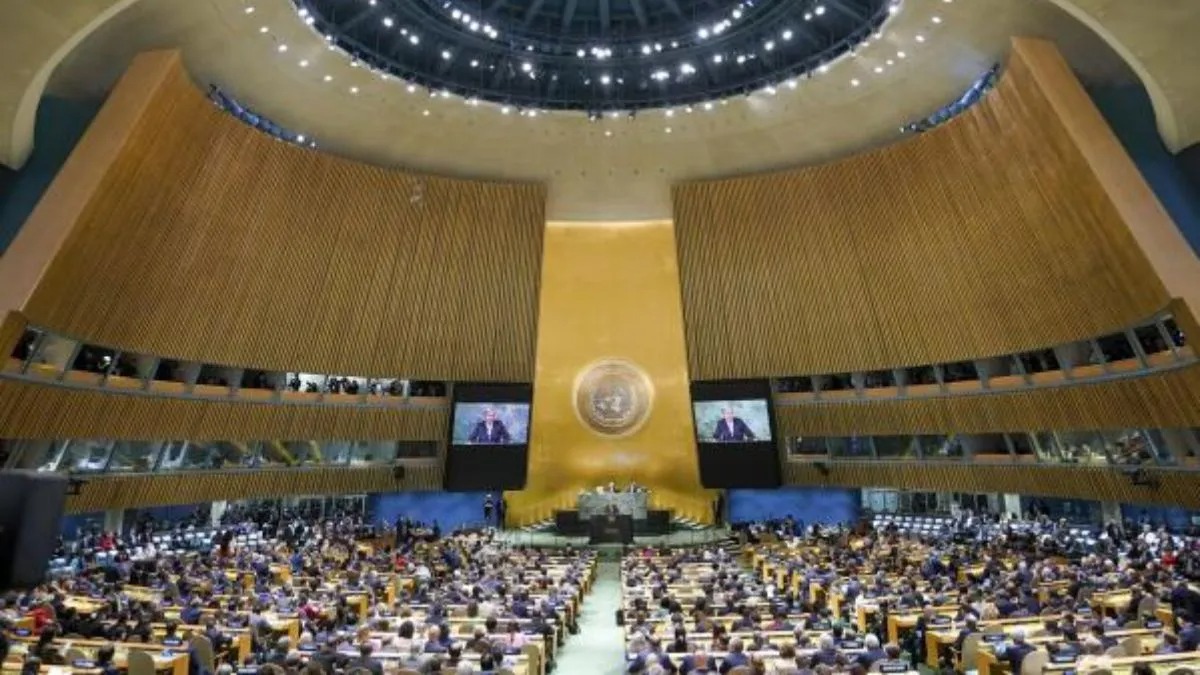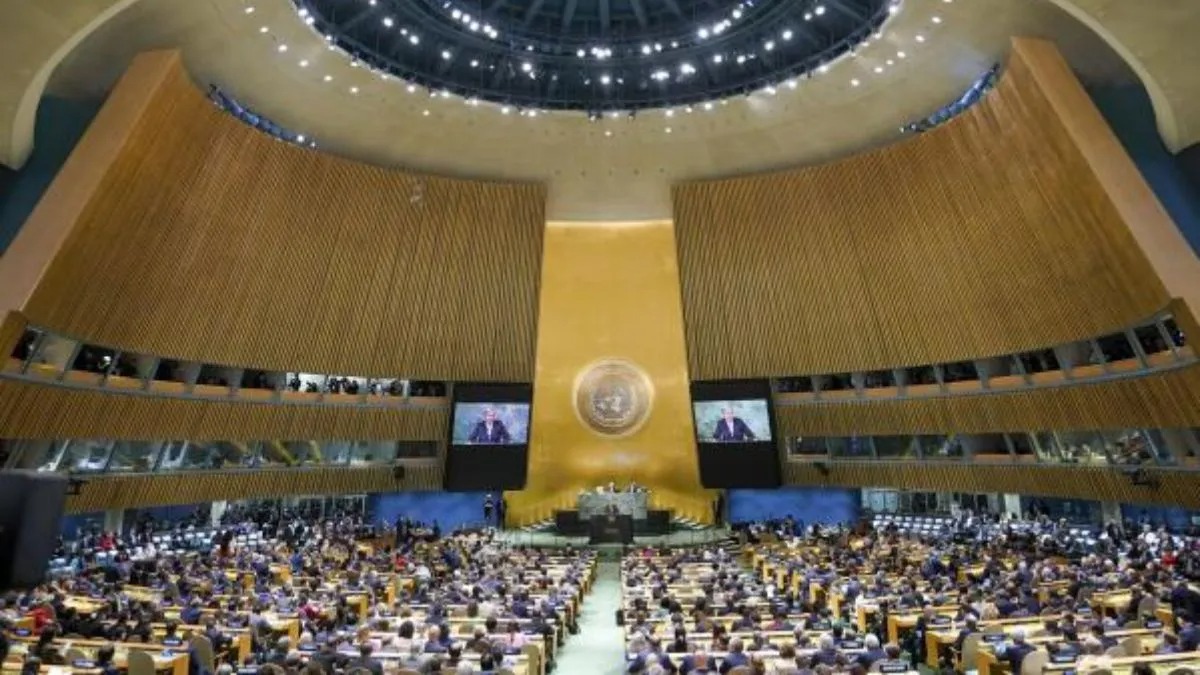

United Nations: Pakistan has received a big blow from the United Nations. Pakistan has raised the Kashmir issue every time. However, the United Nations has rejected the mediation of any third party. This has given a big slap to Pakistan. A spokesperson of UN chief Antonio Guterres referred to the Shimla Agreement of 1972 between India and Pakistan, in which any third-party mediation has been rejected. Deputy spokesperson of Secretary-General Farhan Haq said in the daily press conference here on Wednesday, “There is no change in our stand on Kashmir.” He has said that the final solution to the Kashmir issue should be found through peaceful means under the United Nations Charter and with full respect for human rights.
India has been telling Pakistan that the Union Territories of Jammu and Kashmir and Ladakh were, are, and will always remain an integral part of the country. Relations between the two countries deteriorated further after India revoked Article 370 of the Constitution on August 5, 2019, ending the special status of Jammu and Kashmir and dividing the state into two union territories. Haq made this remark in response to a question asked by a Palestinian journalist regarding the UN Secretary General’s stance on Kashmir and the situation there five years after the abrogation of Article 370. He said that the final solution to the issue related to Jammu and Kashmir has to be found “through peaceful means by the United Nations Charter and with full respect for human rights.”
What was the Shimla Agreement?
Haq said the UN’s stance is based on the UN Charter and applicable Security Council resolutions. “The Secretary-General also takes into account the 1972 Agreement on Bilateral Relations between India and Pakistan, also known as the Shimla Agreement,” he said. The Shimla Agreement was signed in 1972 by former Prime Minister Indira Gandhi and then Pakistan President Zulfikar Ali Bhutto. It is a bilateral agreement between the two countries and rejects any third-party mediation on the Kashmir issue. The agreement provides that differences between the parties should be resolved through peaceful means and bilateral dialogue. India has repeatedly said that it wants normal neighborly relations with Pakistan in an environment free from terrorism, hostility, and violence. (Language)
Read More: The Unstoppable Surge Why Donald Trump Feels Bulletproof Right Now

 Share
Share



